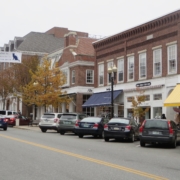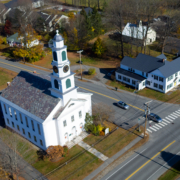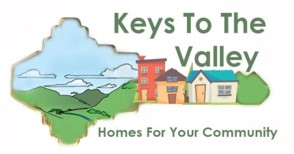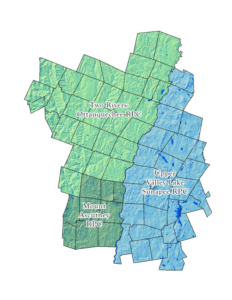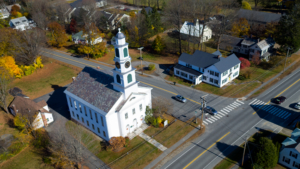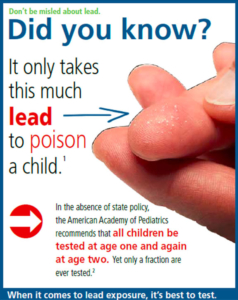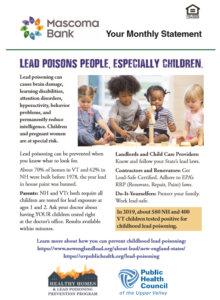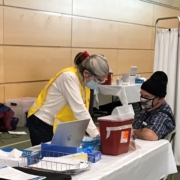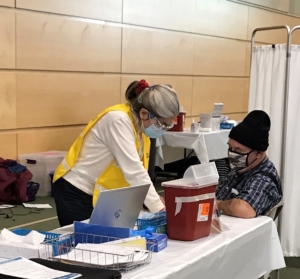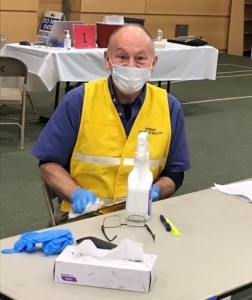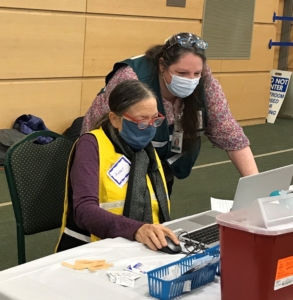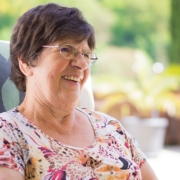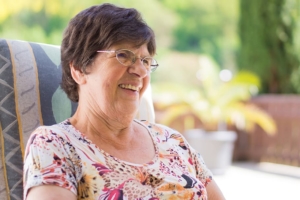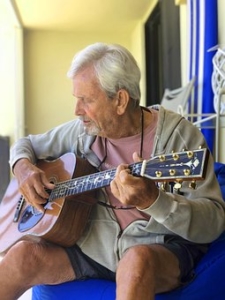Expanded Special Needs Information Program
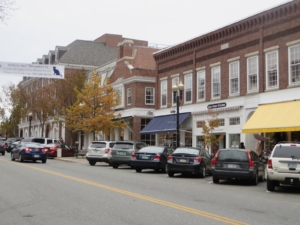 Hanover Police Department and Special Needs Support Center Announce Expansion of SNIP
Hanover Police Department and Special Needs Support Center Announce Expansion of SNIP
The Public Health Council works with our partners to ensure all people in the Upper Valley community have the supports they need along their life span to reach optimal mental wellness, including prevention and education, early detection and intervention, and all stigma-free. This includes promoting ways to keep our most vulnerable neighbors safe in times of crisis. This Special Needs Information Program is one example of our local law enforcement agencies stepping up to help. We are pleased to share information about this program.
The Hanover Police Department and the Special Needs Support Center (SNSC) announce the expansion of the Special Needs Information Program (SNIP), a program to help emergency responders identify and respond to vulnerable residents with special needs.
This is a voluntary program in which special needs community members of any age, or their family members, submit information such as triggers, special accommodations, emergency contacts and a photograph. The information is entered into a database in which the Police Officers and Dispatch Team have access. This is an expansion of the pilot project launched by SNSC and Lebanon Police Department two years ago and recently launched in Hartford, VT.
A New Safety Tool for Our Community
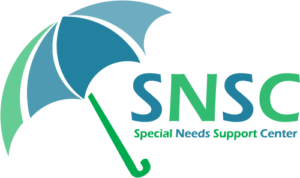 “Estimates show that as many as 80% of people who become involved with law enforcement are individuals affected by autism, Down syndrome, dementia or another form of developmental or mental impairment” said Laura Perez, SNSC Executive Director. “The benefits of the program to our most vulnerable citizens and to law enforcement make it an invaluable safety tool for our community. The tool is free to residents and provides local law enforcement with essential information prior to an emergency.”
“Estimates show that as many as 80% of people who become involved with law enforcement are individuals affected by autism, Down syndrome, dementia or another form of developmental or mental impairment” said Laura Perez, SNSC Executive Director. “The benefits of the program to our most vulnerable citizens and to law enforcement make it an invaluable safety tool for our community. The tool is free to residents and provides local law enforcement with essential information prior to an emergency.”
“Our implementation of the Special Needs Information Program (SNIP) into the Hanover Police Department will allow individuals, family members, or caregivers to provide information about individuals with special needs into a database that can provide first responders with important information during a response on how best to prepare for an individual’s needs.” said Charlie Dennis, Chief of Police of the Hanover Police Department. “The addition of SNIP into our department will also open the program up to all twenty-six entities we dispatch for through our Hanover Regional Communications Center. SNIP will be a great asset in helping us better serve our community.”
Many New Hampshire and Vermont Towns Covered
This partnership between SNSC and Hanover Police Department expands the program to residents of the New Hampshire towns of Hanover, Etna, Canaan, Cornish, Enfield, Lyme, Orford, Plainfield, Piermont, Meriden, Grafton, Grantham, Springfield, Dorchester, and Orange as well as the Vermont towns of Norwich, Thetford, Fairlee, Bradford, Strafford, Vershire, W. Fairlee, Corinth, Orange, and Topsham.
To register for the Hanover Special Needs Information Program:
- Complete the form by visiting https://www.hanovernh.org/hanover-police-department or www.snsc-uv.org;
- Call the Hanover Police Department at 603-643-2222 and request an officer be dispatched to your residence to assist you in completing the form; or
- Call the Special Needs Support Center at 603-448-6311 and a team member will help you complete the form over the phone or in the office.
